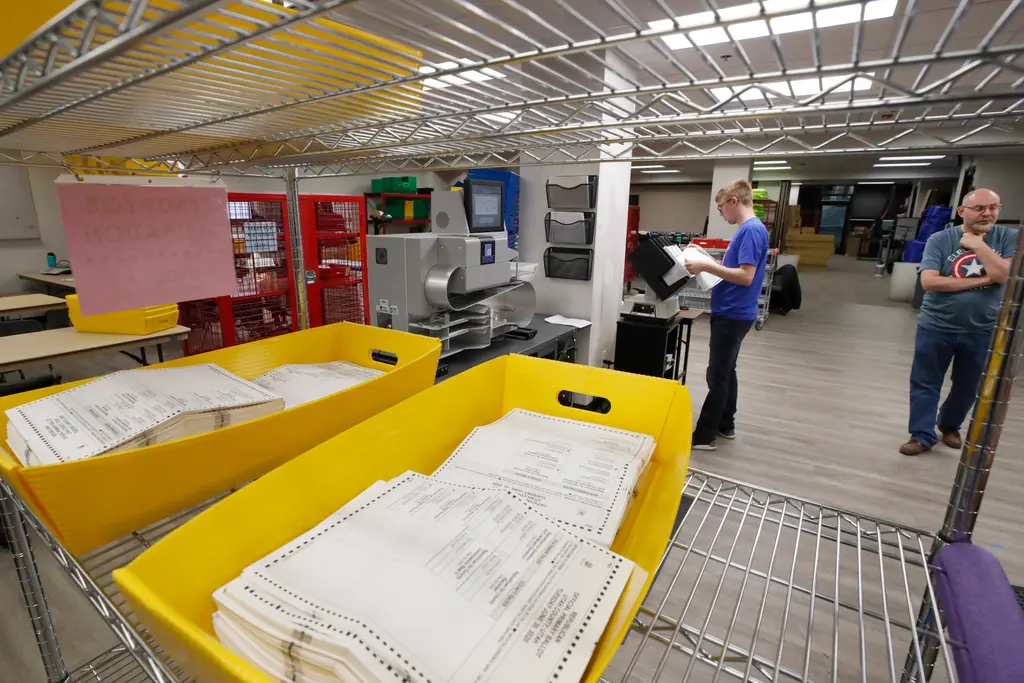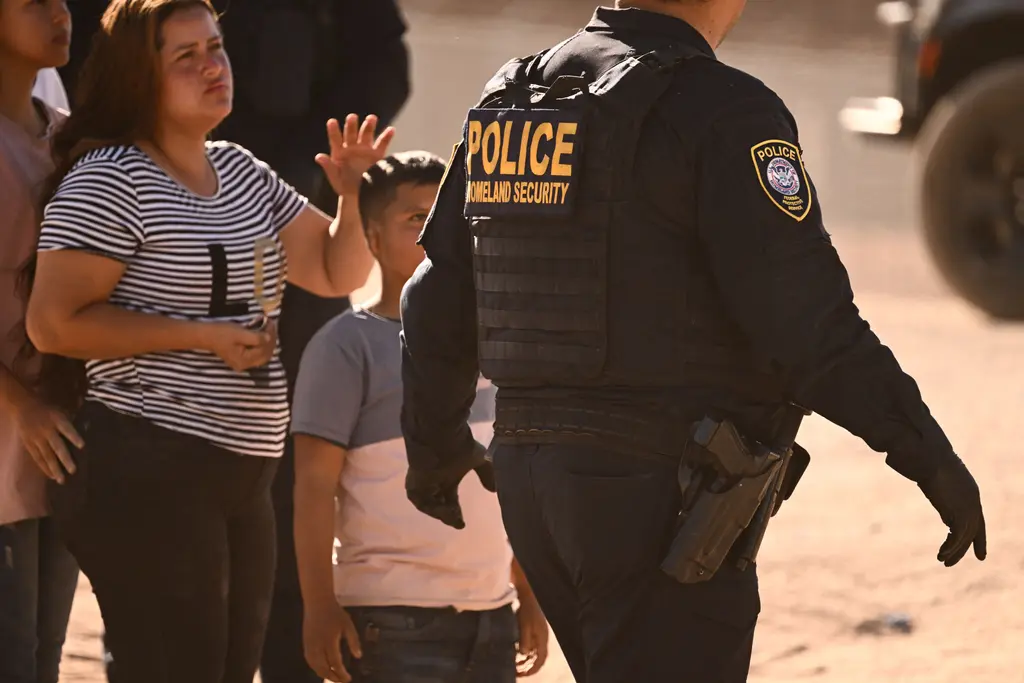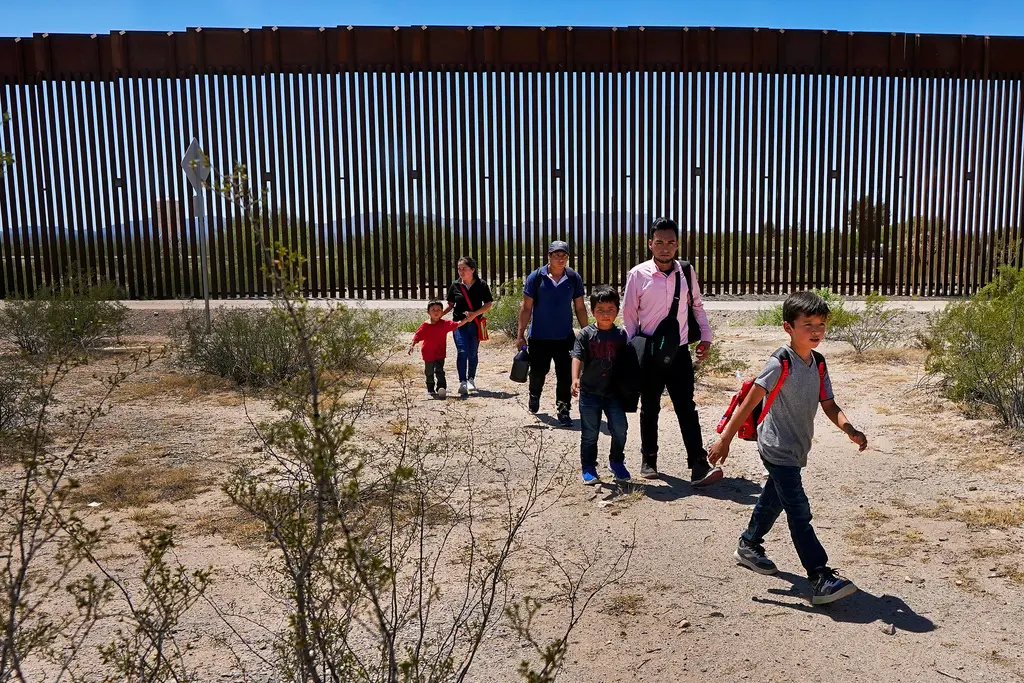Central America and the crisis of corruption

Once again the Pandora Papers, like the Panama Papers before them, show the lengths people will go to shield assets, both legally and not, from government authorities. Corruption is real, a debilitating, corrosive influence on societies worldwide.
The Biden istration has made the fight against corruption a centerpiece of its Latin America strategy, arguing that migration from Central America stems from corruption and a predatory private sector.
Only a fool would deny the obvious: corruption rewards the politically and economically connected at others’ expense, reduces investment activity and stifles innovation, starves governments of resources, and generally shifts incentives toward manipulating government institutions for private gain thereby undermining rule of law and corroding public faith in democracy itself.
Corruption is a drag on economic development and effective democratic governance. But the reality is that corruption is also baked into human nature, and unless one believes that Latin America is uniquely corrupted compared to, say, Asia, there must be other things going on.
It is perhaps satisfying to yank visas from various accused individuals and to fund civil society seminars condemning corruption, but this does little to change on-the-ground realities nor to stem migration flows. Rather than a focus on name calling and finger-wagging, Washington’s anti-corruption agenda would be better served by a positive mutual-cooperation agenda within which the fight against corruption can more effectively be pursued. Greater balance is required.
And, while corruption itself is not new, new approaches are required, because the fight has been complicated by at least three recent drivers: cartels, China, and covid-19.
The cartels are lawless, amoral entities that are the very definition of a corrupting influence, across Central America and the Caribbean and increasingly across all of Latin America. They traffic in drugs, people, weapons, financial assets, and they increasingly use sophisticated tools including crypto currencies to operate.
Más sobre Opinion
They threaten democracy itself. They cannot be defeated, or even combatted effectively, without full and united international cooperation, difficult even in the best of circumstances. And the situation across Central America and the Caribbean has been made immeasurably worse by the criminal band that has captured Venezuela and is actively and intentionally promoting the cartels.
As well, Chinese activities across the region have ballooned from virtually nothing at the beginning of the century to becoming an overwhelming presence, particularly in South America. But 20 years of experience shows that China’s methods of doing business in the Americas rely heavily on payoffs and murky dealings.
Chinese money has flooded the region, generally without controls or transparency, even as the country has gained a strategic foothold and increased political leverage over numerous nations through financing and debt diplomacy.
Meantime, Latin America and the Caribbean have been harder hit by covid-19 than any other region worldwide, and governments have not responded effectively. This is less a corruption issue, although allegations of malfeasance have been made, and more of a capacity and competence issue. Nonetheless, populations are losing faith in the ability of incumbents and traditional political actors to deliver results.
The full impact will not be understood until the pending regional elections cycle plays out over the next year or so, but early indications suggest continued political volatility.
It is these issues that Washington would do well to prioritize. At the same time, Washington has decided that, for domestic political reasons, it is not going to pursue a trade expansion or economic cooperation agenda with the region, exactly the one tool most likely to change the regional dynamic by creating the sort of incentives necessary to change behaviors.
It is a form of unilateral disarmament that China, for one, is all too anxious to exploit. Ironically, this actually increases rather than decreases the burden of corruption, as leaders turn to China to meet their investment and financing needs, taking advantage of China’s lack of insistence on conditionality including promotion of the anti-corruption agenda.
Instead, Washington’s Central America strategy will rely, again, on gifting billions of dollars to traditional foreign assistance providers and NGO’s who have been active in Central America for years, despite little to show in of concrete results as migration pressures expand and intensify.
The international private sector is also actively being encouraged to invest in the region out of a sense of humanitarian concern and goodwill. Without fundamental changes to the regional business climate, which the United States could impact directly through trade promotion and an economic integration agenda, the commercial case for doing so will remain uncertain at best.
Corruption corrodes democracy, and must be addressed. But by broadening its policy focus, Washington has a significant opportunity to shift incentives to address corruption more effectively. And citizens will be more likely to remain in their home countries by restoring hope for greater personal security and economic prospects than what exists today.



